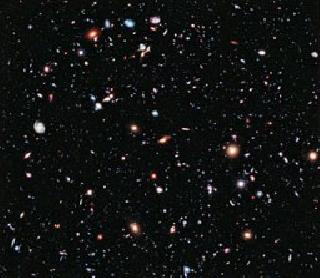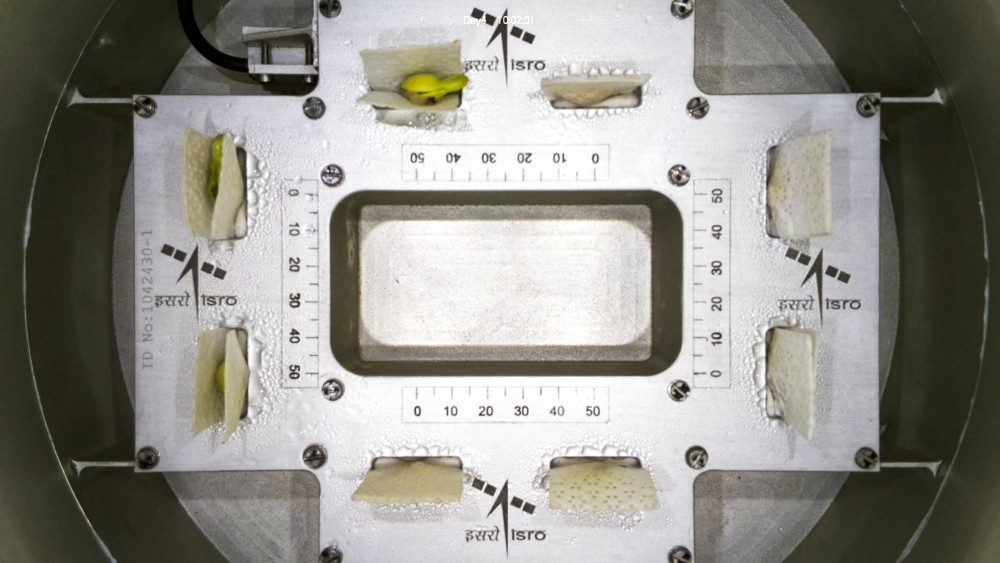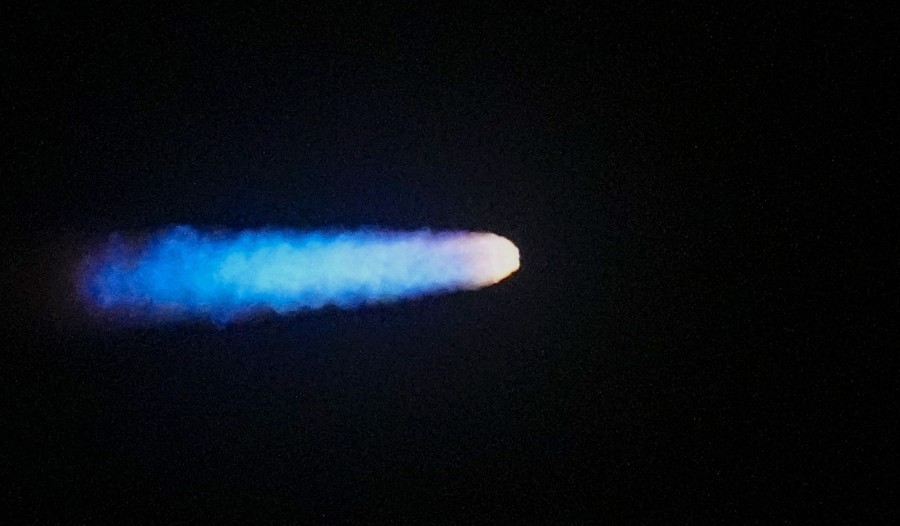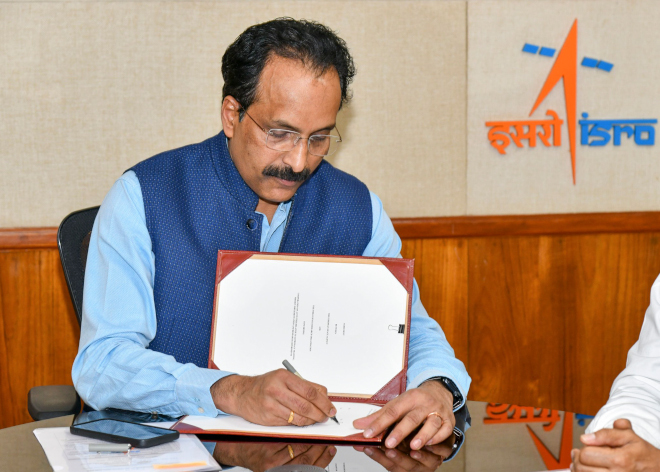
The image, called the Hubble eXtreme Deep Field (XDF), combines Hubble observations taken over the past decade of a small patch of sky in the constellation of Fornax. With a total of over two million seconds of exposure time, it is the deepest image of the Universe ever made, combining data from previous images including the Hubble Ultra Deep Field (taken in 2002 and 2003) and Hubble Ultra Deep Field Infrared (2009). An ESA/Hubble photo
WASHINGTON (PTI): Astronomers using the Hubble Space Telescope have assembled a new and improved image of the deepest-ever view of the Universe, revealing the faintest and most distant galaxies ever seen.
The history of galaxies - from soon after the first ones were born to the great galaxies of today, like our Milky Way - is laid out in the new image.
Dubbed as 'eXtreme Deep Field', or XDF, the photo was assembled by combining ten years of observations taken of a patch of sky within the original Ultra Deep Field.
The XDF is a small fraction of the angular diameter of the full Moon, NASA said in a statement.
The Hubble Ultra Deep Field is an image of a small area of space in the constellation of Fornax, created using Hubble Space Telescope data from 2003 and 2004.
By collecting faint light over one million seconds of observation, the resulting image revealed thousands of galaxies, both nearby and very distant, making it the deepest image of the Universe ever taken at that time.
The new full-colour XDF image is even more sensitive than the original Hubble Ultra Deep Field image, thanks to the additional observations, and contains about 5,500 galaxies, even within its smaller field of view.
The faintest galaxies are one ten-billionth the brightness that the unaided human eye can see.
Magnificent spiral galaxies similar in shape to the Milky Way and its neighbour the Andromeda galaxy appear in this image, as do large, fuzzy red galaxies in which the formation of new stars has ceased.
These red galaxies are the remnants of dramatic collisions and are in their declining years as the stars within them age.
Peppered across the field are tiny, faint, and yet more distant galaxies that are like the seedlings from which today's magnificent galaxies grew.
Hubble pointed at a tiny patch of southern sky in repeat visits made over the past decade with a total exposure time of two million seconds.
"The XDF is the deepest image of the sky ever obtained and reveals the faintest and most distant galaxies ever seen. XDF allows us to explore further back in time than ever before," said Garth Illingworth of the University of California at Santa Cruz.
 Previous Article
Previous Article Next Article
Next Article













The Indian Air Force, in its flight trials evaluation report submitted before the Defence Ministry l..
view articleAn insight into the Medium Multi-Role Combat Aircraft competition...
view articleSky enthusiasts can now spot the International Space Station (ISS) commanded by Indian-American astr..
view article